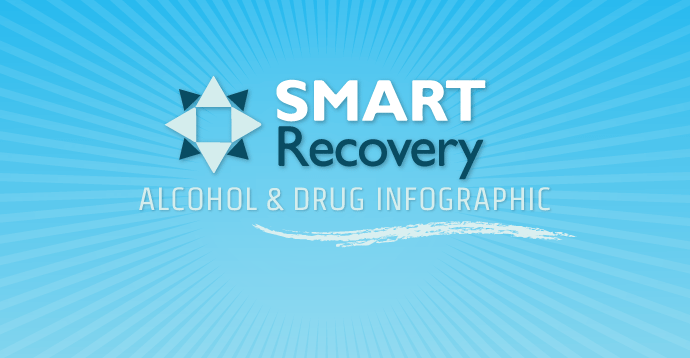After Completing Drug Rehabilitation, It's Vital To Have A Solid Support Group In Place To Guarantee Long-Term Healing. Discover How Aftercare Programs Can Aid You Keep Sobriety And Produce A Satisfying Life
After Completing Drug Rehabilitation, It's Vital To Have A Solid Support Group In Place To Guarantee Long-Term Healing. Discover How Aftercare Programs Can Aid You Keep Sobriety And Produce A Satisfying Life
Blog Article
Published By-Johannsen Randolph
You can not do it alone. Healing from drug dependency needs a strong support system.
The value of aftercare in drug rehab can not be overemphasized. In Recommended Internet site , we will certainly check out the role of therapy, the benefits of therapy, and the foundation given by peer support groups in keeping sobriety.
So, get a mug of coffee, unwind, and let us assist you with the essential steps of post-rehabilitation support.
The Role of Therapy in Aftercare
If you wish to keep your soberness after leaving rehabilitation, it's vital that you continue participating in counseling sessions as part of your aftercare strategy.
Counseling plays an essential function in your recovery trip by supplying continuous support, assistance, and a risk-free space to express your feelings and problems.
Via therapy, you can resolve any kind of underlying problems that might have added to your addiction, develop coping techniques, and find out healthier means to manage anxiety and desires.
It allows you to resolve any kind of unsettled emotions and create a much better understanding of yourself and your triggers.
The Advantages of Therapy in Maintaining Soberness
To preserve your soberness, treatment can offer numerous benefits.
- Therapy provides a secure room for you to discover and resolve the underlying issues that might have added to your addiction.
- It permits you to resolve your feelings and create much healthier means of dealing with tension and sets off.
- With treatment, you can obtain a far better understanding of yourself and your patterns of behavior, which can assist you make favorable adjustments in your life.
- Furthermore, therapy supplies you with a support group of experts that are trained to lead and aid you on your trip to recovery.
- They can provide important insights, devices, and strategies to help you browse the challenges that might occur.
- In therapy, you can find out to create healthy and balanced coping abilities, develop resilience, and boost your general wellness.
Peer Support Groups: A Structure for Lasting Recovery
You can locate lasting recovery by proactively participating in peer support system and connecting with others that share comparable experiences and objectives.
Peer support groups provide a secure and non-judgmental space where individuals in recovery can integrate to share their struggles, successes, and understandings. By proactively participating in these groups, you can get the support and motivation you need to remain on the path of healing.
Connecting with https://www.verywellhealth.com/fda-mounjaro-diabetes-treatment-5272486 who have actually experienced similar experiences can be unbelievably empowering, as it helps you understand that you aren't alone in your trip. It also permits you to learn from others who have actually efficiently gotten over comparable challenges. With each other, you can celebrate landmarks, hold each other liable, and offer assistance and suggestions.
Through these links, you can build a strong support group that will certainly help you browse the ups and downs of recuperation and eventually find enduring healing and makeover.
Final thought
You have actually learned about the essential role of aftercare in drug rehab. Counseling, treatment, and peer support system add to lasting healing. Right here's a staggering figure to comprehend the size of the issue: research studies reveal that people that receive aftercare treatment are 50% more likely to preserve sobriety compared to those that do not.
So, envision the transformative power of these support systems in aiding people recover their lives and build a brighter, drug-free future.
